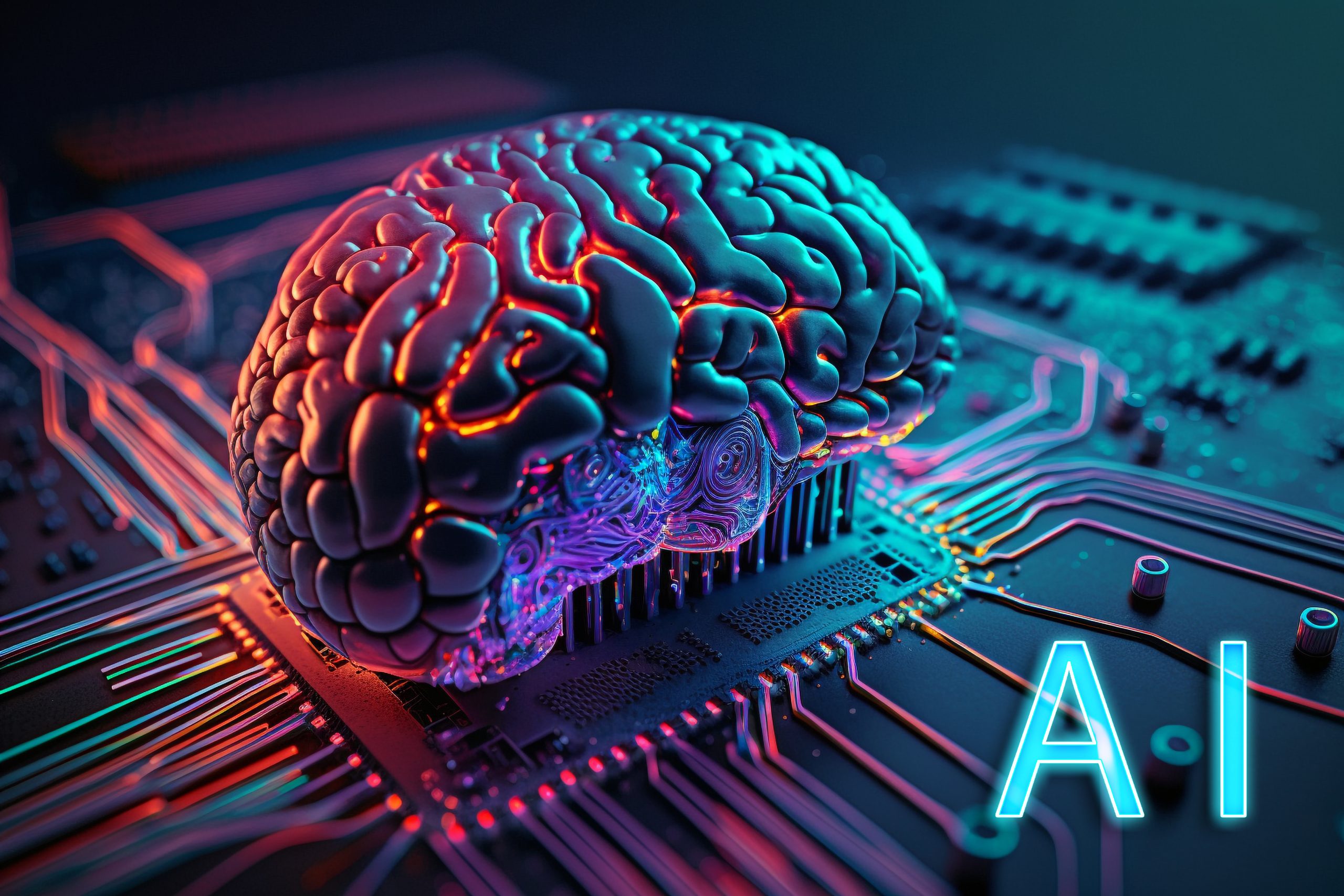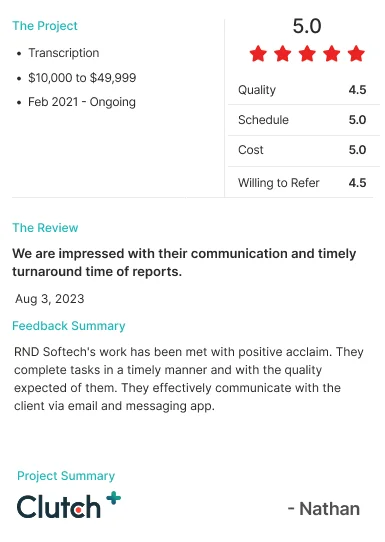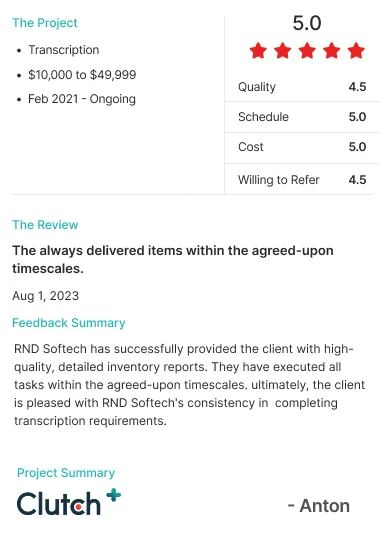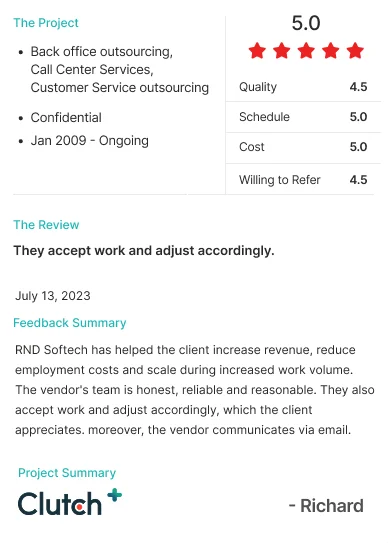How AI and machine learning can improve software testing
-
Automation of repetitive tasks
AI-driven tools help automate time-consuming tasks like regression testing, which are typically repetitive. This allows testers to focus on more complex and strategic areas of the software. It not only stimulates efficiency but also eliminates human error, making the testing process more consistent and reliable.
-
Predictive analysis for issue detection
By using Machine Learning, AI in software testing can analyze historical testing data and detect patterns to predict where potential bugs or vulnerabilities might appear. This predictive approach enables testers to focus on high-risk areas early on, reducing the chance of discovering issues late in the process and saving valuable time.
-
Faster test execution
AI and ML powered tools can run hundreds of test cases and simulate user interactions simultaneously, significantly speeding up the testing process. This allows for faster feedback and quicker release cycles compared to manual testing, making it easier to deliver updates and improvements in a timely manner.
-
Advanced test coverage
AI and ML are also great at identifying gaps in test coverage that traditional methods might miss. By analyzing code and past test results, AI software testing can generate new test cases to ensure that edge cases and potential failure points are thoroughly tested, providing more comprehensive coverage.
-
Smart defect detection and prioritization
AI excels in detecting defects more accurately than manual testing. It can analyze software behavior and spot anomalies that might go unnoticed by humans. Moreover, AI software testing can classify and prioritize defects based on severity, making sure the most critical issues are addressed first, leading to higher-quality software and fewer post-release problems.
Role of AI and machine learning in software testing
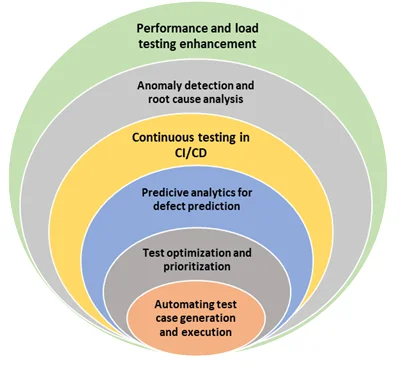
Automating test case generation and execution
-
AI-driven automation:Imagine having AI software testing automatically create test cases based on your software's functionality, code changes, and requirements. According to a recent report, about 69% of businesses are already using test automation to expand productivity and make their testing processes more efficient. It's truly a game-changer!
-
Accelerated testing cycles: Traditional testing can take weeks or even months, right? But with AI-driven test execution, you can reduce this to a fraction of the time. AI-powered automation can cut testing cycles by a massive 50-70%, speeding up releases and making resource use much more efficient.
Test optimization and prioritization
-
Smart test suite management: With machine learning, you can take a deep dive into historical test data and defect patterns to figure out which tests matter the most. IBM reports that AI-based test optimization can actually reduce the number of tests by 30-40%, focusing only on those that are most likely to catch defects.
-
Efficient resource allocation: Machine learning also helps you allocate testing resources wisely. By predicting which tests are most likely to uncover bugs, it ensures you focus on the right areas. A Forrester study found that companies using AI and ML for prioritization have seen a 20-30% drop in testing costs while still maintaining great test coverage.
Predictive analytics for defect prediction
-
Proactive defect detection: What if AI in software testing could predict where defects are likely to pop up based on patterns from previous projects? Well, it can! A study by McKinsey revealed that predictive analytics can help identify up to 50% of defects early, saving tons of money that would otherwise be spent fixing issues later in the process.
-
Risk-based testing: With machine learning, you can focus on the high-risk areas first. Gartner says that 63% of companies that implement risk-based testing see a noticeable improvement in both test efficiency and overall quality.
Continuous testing in CI/CD
Real-time feedback in Continuous Integration/ Continuous Deployment Pipelines:
AI in software testing can integrate seamlessly into your CI/CD pipelines, providing real-time testing as code changes happen. According to DevOps Research and Assessment (DORA), organizations with top-tier CI/CD practices can deploy code 46 times more frequently and recover from failures 96% faster all thanks to continuous testing powered by AI.
-
Seamless integration: AI in software testing's real-time feedback helps developers catch issues early, cutting down the time between coding and deployment. In fact, McKinsey estimates that continuous testing can reduce time to market by 20-40%, allowing you to release more frequently and with more stability.
Anomaly detection and root cause analysis
-
Real-time anomaly detection: AI and ML tools keep an eye on system behavior during testing, spotting irregularities that might have been missed otherwise. According to IBM, AI-driven anomaly detection can reduce false positives by up to 90%, giving you more accurate alerts and helping you find real issues faster.
-
Root cause analysis: Once AI in software testing detects a problem, it can also help figure out what's causing it by analyzing error logs and system diagnostics. Forrester found that companies using AI for root cause analysis were able to fix problems 50% faster than with traditional methods, cutting down on downtime.
Performance and load testing enhancement
-
Simulating real-world user behavior: Traditional load testing can be kind of static, right? But AI can simulate dynamic, real-world user behavior, adjusting the load as needed. Gartner reports that 80% of companies using AI for performance testing improve the accuracy of their simulations and spot bottlenecks earlier.
-
Predictive performance optimization: Machine learning can predict how your software will perform under different conditions by analyzing user data and past behavior. According to Harvard Business Review, predictive models can reduce performance-related issues in production by 35-45%, ensuring a smoother, more reliable user experience.
RND Softech specializes in implementing AI-driven automation and ML-powered testing solutions for Robotic process automation that can transform your software development process. Whether you're looking to reduce testing costs, improve resource allocation, or enhance the accuracy of your performance testing, we have the expertise to help you achieve your goals.
Ready to take your testing to the next level?

